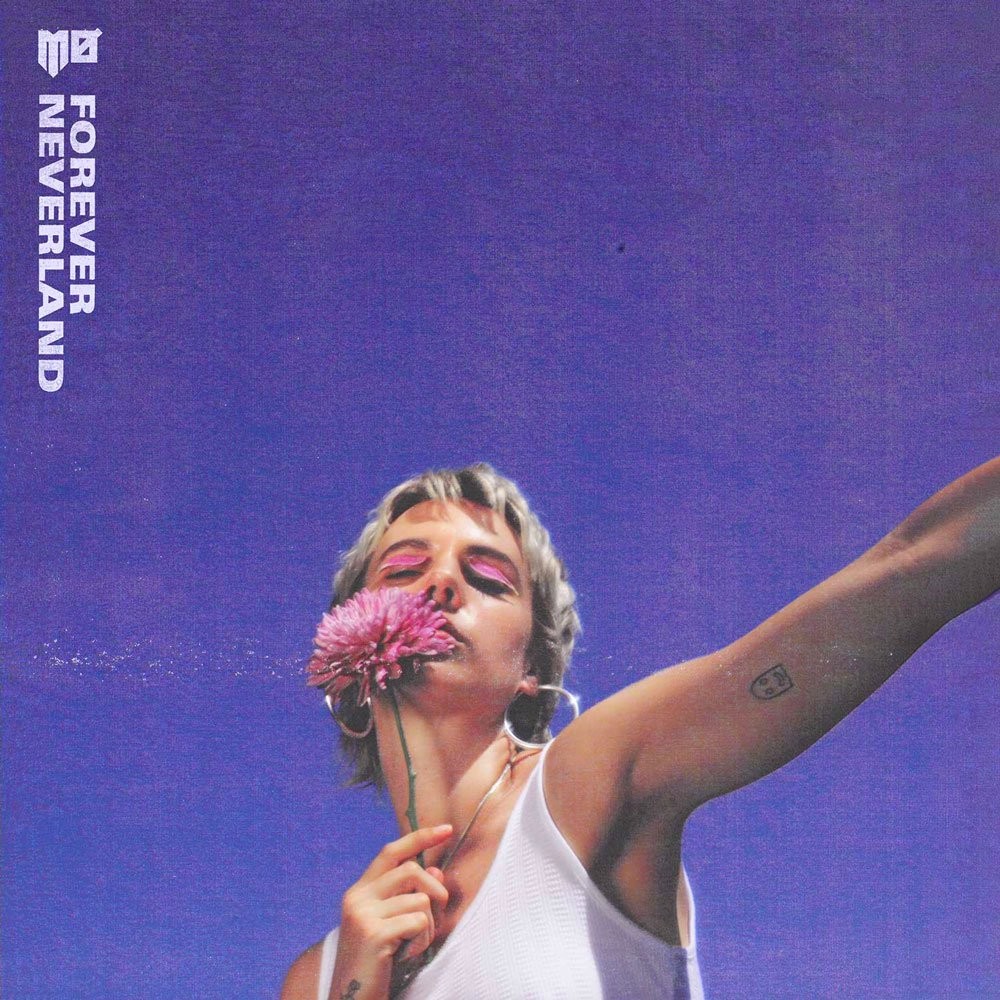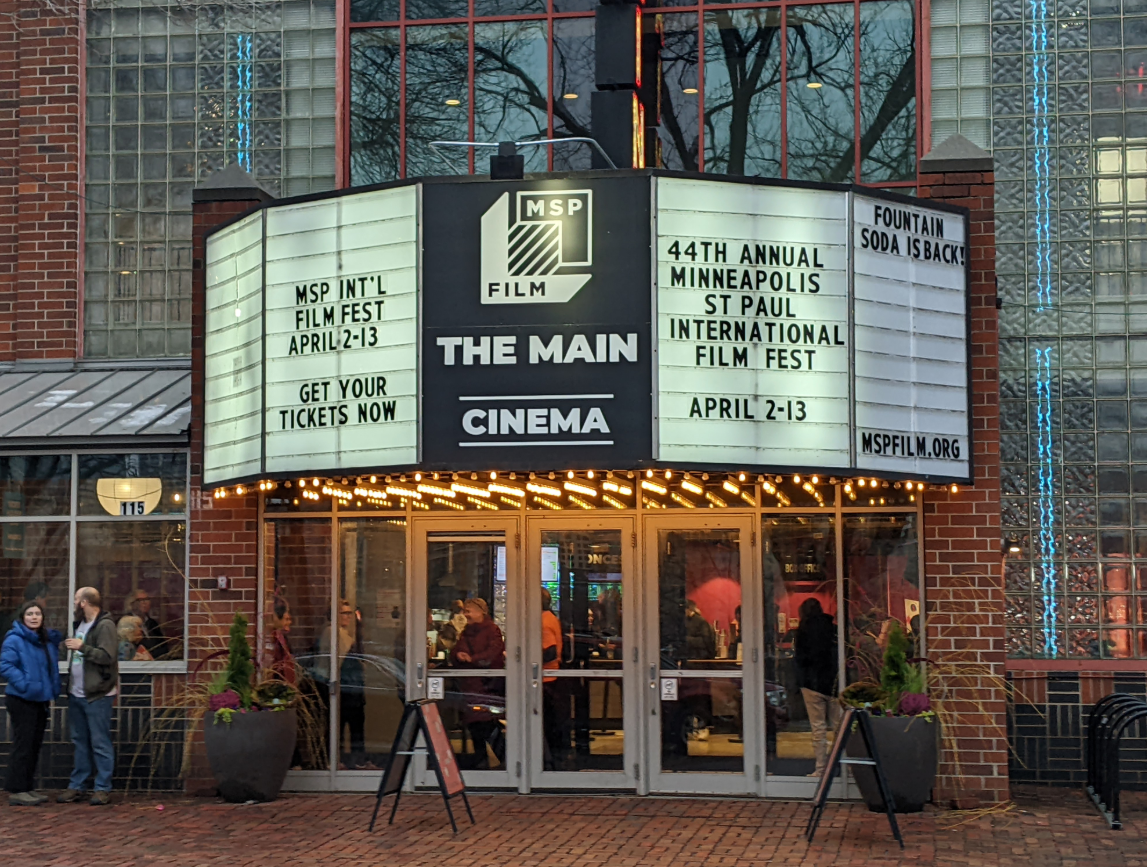MØ’s recent release “Forever Neverland” is a ride: sometimes bumpy and other times smooth.
The Danish songstress has a one-of-a-kind voice with impressive range, but it’s often hidden by over-produced electric beats.
It may not be fair to criticize MØ – known for appearing on Major Lazer’s 2015 EDM hit “Lean On” – for sounding overly electronic. But it’s true. MØ’s music is best pared down, with minimal beats and little to no producing.
“Way Down” and “I Want You,” the album’s first full tracks after the 45-second “Intro,” are a weak start to the album. Both tracks sound overproduced, as the lyrics are generic and forgettable.
“Blur,” the fourth track, provides hope that the album’s imperfect trajectory is ending. MØ’s voice paired with an acoustic guitar evokes Avril Lavigne, though the refrain is an unoriginal computer-generated riff you can find on many EDM tracks.
It’s obvious that MØ is still trying to pin down her sound and identity as a musician. Throughout the album, she takes cues from other pop stars like Avril, Lorde and Lana Del Rey. Unfortunately, in replicating their styles MØ’s own musical authenticity suffers.
When I first heard the track “West Hollywood (Interlude),” I had to check and see if Spotify skipped to a Lorde song — the beginning sounds just like Lorde’s hit “Green Light.” Despite that confusion, “West Hollywood (Interlude)” is a short and sweet, yet powerful ballad. Maybe I just like it because it sounds exactly like Lorde.
During “Imaginary Friend,” MØ transforms her voice again to replicate Lana Del Rey’s sultry alto. The smooth dips in MØ’s voice can be likened to Lana Del Rey’s sound on her 2012 release “Born to Die.” MØ is guilty of co-opting her fellow artist’s signature sounds.
“Red Wine (feat. Empress Of)” is a favorite. While the upbeat dance tracks that begin the album are uninspired, MØ’s take on a reggae beat is addictive.
“Mercy (feat. What So Not and Two Feet)” is a refreshing change. MØ’s voice flourishes over minimalist piano accompaniment, striking a balance between gravelly and clear. On “Beautiful Wreck,” she finally reaches a happy medium between sounding produced and showcasing her true voice.
The album’s penultimate track, “Trying to Be Good,” showcases a raw and convincing version of MØ’s voice for the first time. However, the elements of this song — misplaced sound effects and minimalist electronic background music — do not come together or suit MØ’s passionate rasp.
It’s no surprise that the album’s high points “Mercy,” “Beautiful Wreck” and “Trying to Be Good” come when MØ’s voice is free from layers of computer distortion.
“If It’s Over (feat. Charli XCX)” is catchy, but something is off; the synthesized beats overwhelm MØ’s voice. The combination of Charli XCX’s awful auto-tuned solo and too many repetitions of the line “if it’s over then it’s over” ruin the track.
“Nostalgia” also misses the mark. It begins with MØ’s awkward speak-singing, which is charming in Edward Sharpe & the Magnetic Zeros’ “Home” but is off-putting when paired with an EDM drum beat.
“Sun In Our Eyes,” originally released as a single in July 2018, is a collaboration with Diplo (one third of Major Lazer). The song has the bones of a standard pop-EDM crossover: catchy, clean and energetic.
During the album’s final track, “Purple Like the Summer Rain,” MØ’s voice is its most expressive and least mechanical.
MØ’s music is catchy, but sometimes it does not capture the same musical and lyrical depth as her contemporaries. The quality of her non-produced voice is what makes up for the album’s shortcomings.
“Forever Neverland” has an underwhelming start, but by the end MØ’s raspy voice and infectious beats will ultimately win you over, so long as she keeps her Lorde impersonation at bay.
Grade: B-








